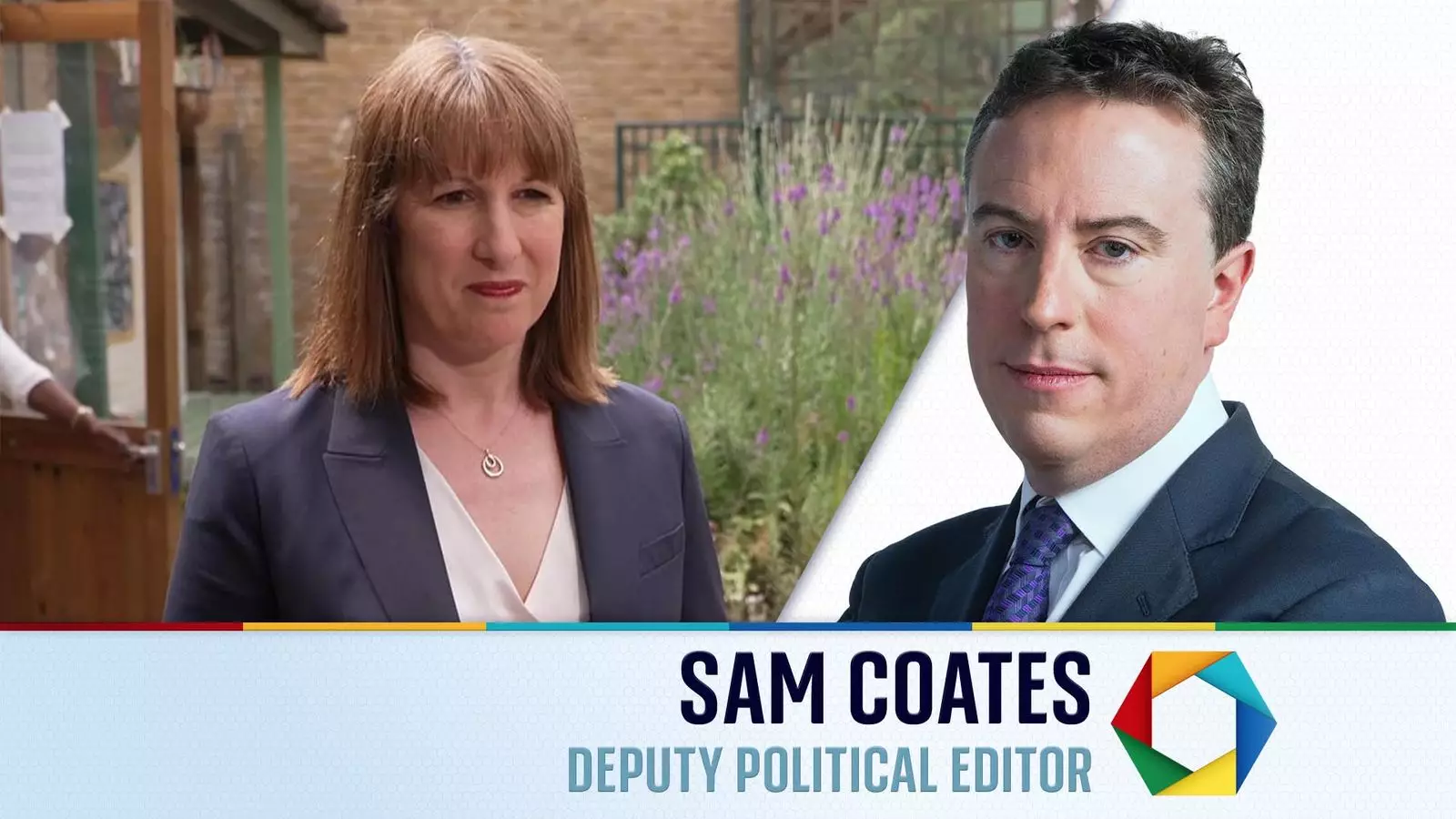The recent reversal concerning the winter fuel payments by the government raises critical questions about the integrity of fiscal policy and political strategies. Rachel Reeves, often lauded as the “iron chancellor,” has turned heads not merely with her decision but with the apparent lack of a coherent financial blueprint to back it up. This kind of rash decision-making becomes a fertile ground for opposition attacks. When a leader purports to have a solid grasp on financial management, failing to outline how an expensive policy will be funded is not just a stumble—it’s a serious misstep that resonates with constituents who are increasingly weary of political pandering.
Questionable Economic Optimism
Compounding the potential fallout from this policy flip-flop is the dubious rationale put forth by Reeves and Treasury officials: that economic conditions are on the up-and-up. The reality, however, paints a different picture. The Office for Budget Responsibility (OBR) and the Organisation for Economic Co-operation and Development (OECD) are harmonizing their forecasts in a far less optimistic light. With growth projections slashed significantly, one must question the credibility of claims regarding declining interest rates. They seem less a matter of economic improvement and more a consequence of previous government interventions. This dissonance not only undermines public trust but also sows seeds of doubt regarding the competence of the current administration.
Divisions Within the Party
As the Labour Party wades deeper into this quagmire, we note the emerging rifts within its ranks. The tension between different factions, namely the soft left represented by groups like Compass and the pragmatic finance-minded ministers, will undoubtedly be exacerbated by policies viewed by some as reckless. MPs in Tory-facing constituencies are alarmed, having spent much of their political capital asserting that the party can be a reliable steward of public finances. The discord raises an essential question: is short-term political gain worth the long-term implications of undermining internal unity?
The Tenuous Balance Between Strategy and Reality
Another critical aspect of this political maneuvering is the perceived schism between Number 10 and Number 11. The Prime Minister walks a tightrope, keenly aware that economic strategies need to be scrutinized with careful consideration, especially as deteriorating public trust hangs in the balance. Reports hint at frustration within the ranks regarding the Chancellor’s erratic reasoning and subsequent backtracking. The underlying question remains: can politicians effectively navigate these challenges without alienating their base or triggering market instability?
A Dangerous Gamble
At the heart of this controversial U-turn lies a calculated gamble—one that hopes to alleviate pensioners’ discontent and reclaim disillusioned Labour voters. The prevailing mindset appears to assume that the potential electoral benefits justify any fiscal repercussions. However, this perspective is akin to playing with fire, regardless of the intent behind these financial decisions. As policymakers gamble on public sentiment, the risk of backfire lingers ominously.
Political maneuvering should ideally serve the populace rather than merely appease voter blocs. The ongoing fallout from this situation serves as a stark reminder: short-sightedness can often mask itself as strategic thinking, but the consequences are all too real.

Leave a Reply